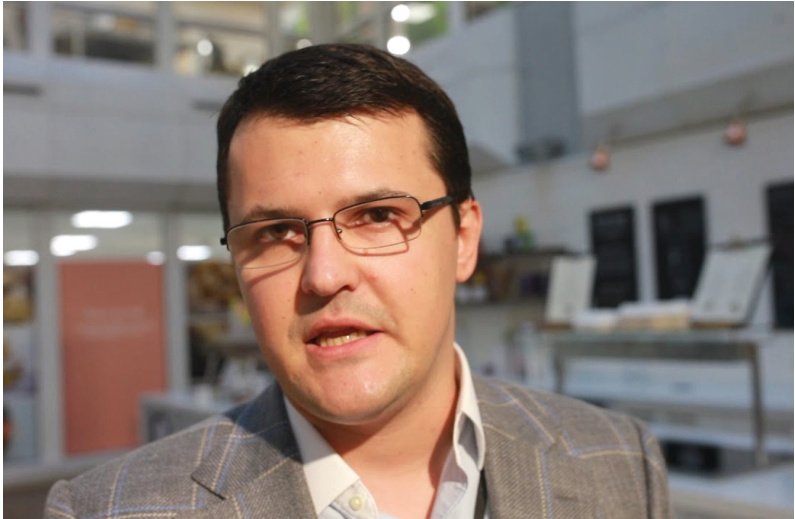U poslu i privatnom životu mnogo nam je toga nečim uvjetovano: uvijek nad nama visi neki AKO ili se pitamo KAD BISMO ili DA SMO. Međutim, to nije razlog zbog kojega se pri učenju engleskog neprestano vraćamo onomu što zovemo kondicionalnim rečenicama. Razlog je u situacijama kojima ćemo se više pozabaviti u ovom broju.
As we said, things seem pretty straightforward: “If you give us the required documents, we will approve the loan.” The catch is that when having in mind the Croatian sentence: “Ako budete kasnili s plaćanjem, obračunat ćemo vam zatezne kamate”, we are very often tempted to say: “If you will be late with repayment…” The correct English requires “If you ARE late with repayment, we will charge you default interest.” We use present although we are referring to the future. With this sentence you are also unintentionally and maybe without being aware of it, expressing your pessimism about the client’s creditworthiness. In other words, you are implying that it is likely and possible that the client will be late with repayment!
Your optimism would be reflected in the sentence: “If you were late with repayment, we would charge you default interest.” In that case you would refer to the future situation as unlikely and only imaginary. (You think that the client probably WON’T be late with repayment). The problem for non-native speakers is that we are inclined to translate sentences of that kind for what they appear to be: “If I had enough money, I would buy shares.” Be careful. This does not mean “Da sam imala dovoljno novaca, kupila bih dionice” – this sentence is not about T-Com shares! It simply says “Kad bih imala/da imam dovoljno novca, kupila bih dionice.” (Now or in the future). So, the past tense does not refer to a past, but rather to a present (or future) situation which is unreal and imaginary. I don’t have enough money but I can imagine what it would be like to have it. So “If I were Bill Gates, I would …” we can use it for daydreaming.
But if the sentence: “If I had enough money…” refers to the present or future, how do we speculate about the past then? If we want to talk about T-Com shares, we should use something that looks rather complicated (but is the only grammatically correct solution): “If I had had enough money, I would have bought the shares.” This sentence means: I didn’t have enough money so I didn’t buy the shares. (And now I can only regret the lost opportunity.)
| 1st conditional | If clause | main clause | example ||—————–|———–|————-|———|| PRESENT SIMPLE | WILL + infinitive | If you get the loan, we will buy a new car. || | likely and probable future situation (our credit rating is good) |



